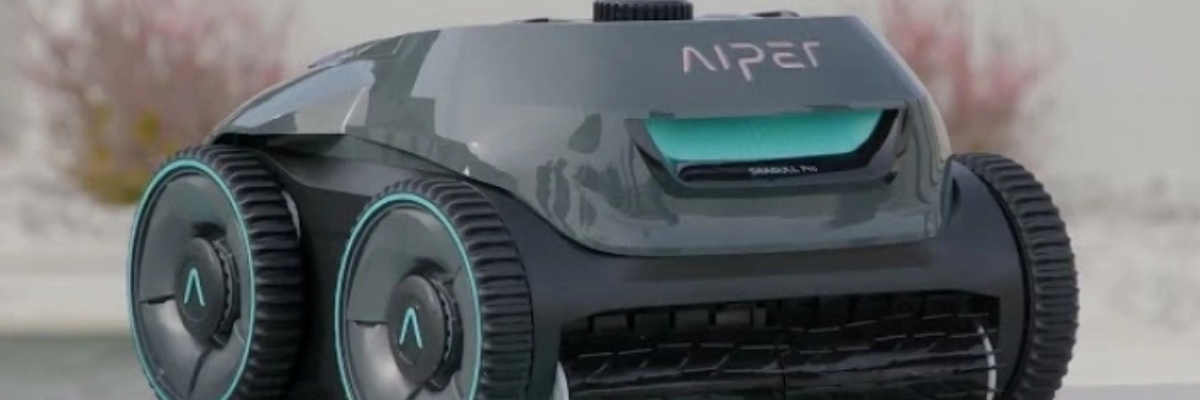How often should I use the pool robot?
In high season: 2 to 3 times a week for a spotless pool
During the summer months, when the pool is used daily, it is recommended to use your cleaning robot at least 2 to 3 times a week. This keeps the bottom, walls and waterline clean, preventing impurities from accumulating or algae from settling.Robots equipped with cameras and smart AI, such as those with the HybridSense™ system, optimise each pass to avoid unnecessary cycles. The Beatbot AquaSense 2 Pro or Ultra map the pool and adapt to the dirtiest areas, limiting the frequency of use without losing efficiency. Their extended autonomy (up to 3 hours) allows for a complete cleaning in each cycle.
After a storm, strong winds or heavy traffic
Even if your cleaning routine is well established, certain conditions require an additional pass of the robot:- After a storm or wind: there are more leaves, dust and debris.
- After a big party or a weekend of swimming: sunscreen, hair, sand or mud are more prevalent.
In the low season or when not in use for swimming
Even outside the high season, regular maintenance is recommended to prevent the accumulation of impurities. A weekly or fortnightly use is generally sufficient when the pool is little or not used at all. This frequency allows you to preserve the clarity of the water, especially if you continue to filter and treat the water during this period.Some smart robots can be programmed to operate automatically. If you have a connected Beatbot model, you can start a cycle from your app, even remotely, to avoid any unexpected clogging.
Optimise maintenance by combining a robot and surface skimmer
To prevent debris from falling to the bottom, it is advisable to install an autonomous skimmer robot such as Beatbot's iSkim Ultra. Powered by solar energy, it floats on the surface and collects leaves, insects and pollen before they sink.This robot-and-skimmer duo reduces the frequency of full cleaning, as the surface is already partially cleaned at all times. This is a particularly effective solution for swimming pools surrounded by trees or exposed to the wind.
Smart models adjust their frequency autonomously
The latest robots, such as those with HybridSense™ AI technology, go even further. By analysing the state of the water, the distribution of dirt and the configuration of the pool, they adapt their behaviour and operating cycles.The Beatbot AquaSense 2 Ultra, for example, is able to identify a particularly dirty area and spend more time there, without you needing to increase the overall frequency. You gain in efficiency, in energy... and in serenity. There is no single rule for how often a pool robot should be used. The ideal is to observe your pool, its environment, and your swimming rhythm. On average, 2 to 3 cycles per week are enough to keep a pool clean and pleasant. But thanks to advanced technologies like HybridSense™ AI and connected robots like the AquaSense 2 Pro and Ultra, you can refine this routine, automate cycles and adjust cleaning effortlessly. And if you complete your installation with a surface skimmer such as the iSkim Ultra, your pool will be maintained continuously, with minimal intervention. The important thing is to keep it regular... and let the technology do the rest.







